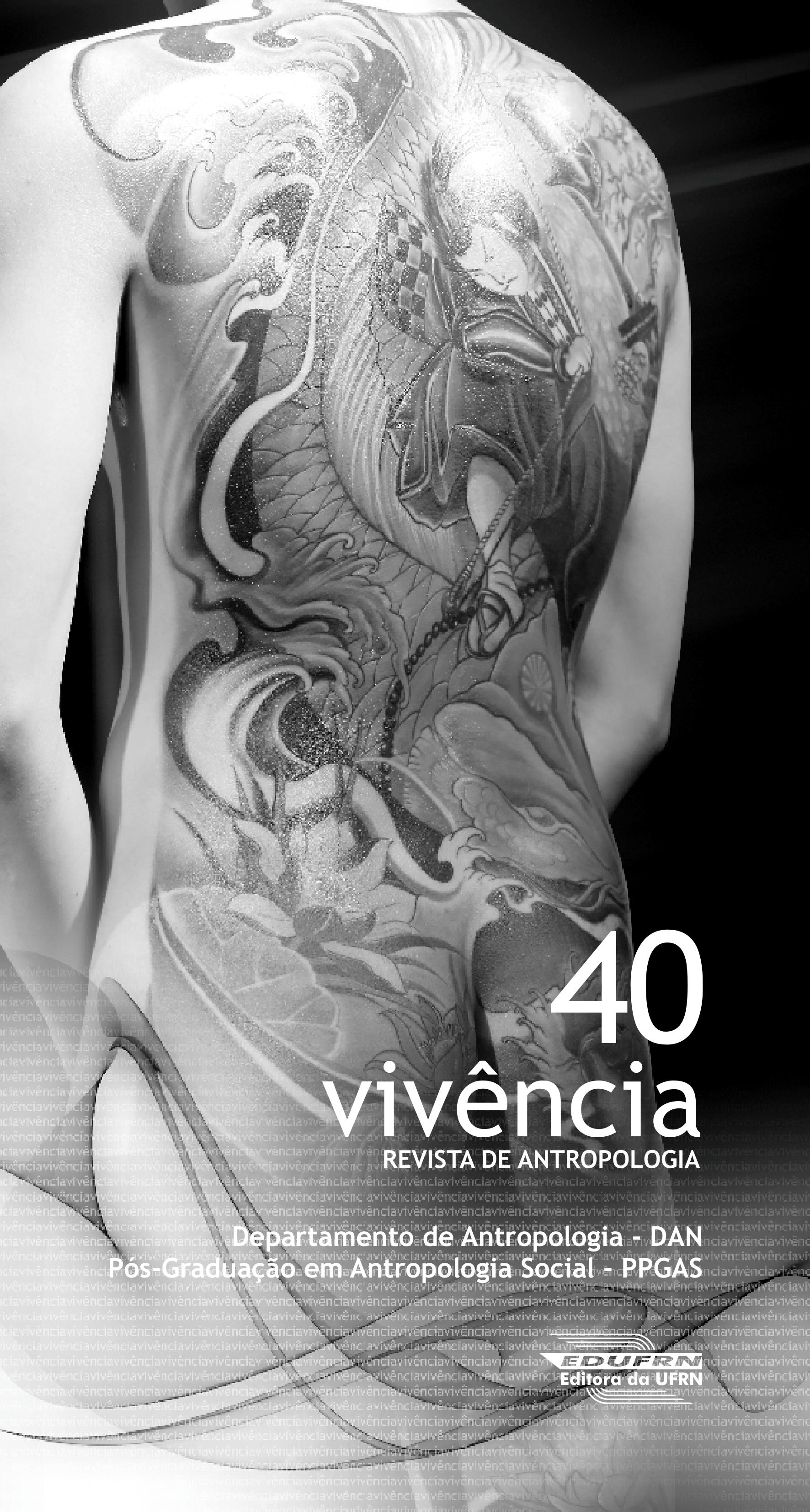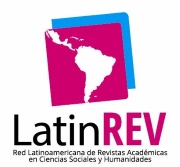Estudo de viabilidade econômica e gestão democrática de empreendimentos populares: o caso das marisqueiras do semiárido potiguar Economic feasibility study and management of enterprises democratric popular: the case of the fisherwoman seafood of the semia
DOI:
https://doi.org/10.21680/2238-6009.2012v1n40ID3384Resumen
O estudo foi realizado com as marisqueiras de São Cristóvão (Lat. 4º 55' 40” S; Long.36º 57' 18” O), no município de Areia Branca/RN, semiárido potiguar, com o objetivo de identificar a viabilidade econômica e a gestão de seu empreendimento, posicionando-se como ferramenta para contribuir na sustentabilidade da pesca artesanal. Para alcançar os dados coletados, foram realizadas três oficinas e uma visita às áreas de coleta. Como estratégia metodológica, utilizou-se o Diagnóstico Rural Participativo e suas ferramentas próprias de mobilização do conhecimento, que permitem reconstruir todos os passos processuais da atividade, sua participação no cotidiano da comunidade e da família, as relações sociais e econômicas, a gestão democrática e a viabilidade econômica desse empreendimento popular, no passado e no presente.Cada mulher coleta 50 kg de búzio em casca e o único homem do grupo, 140 kg, o que rende 8,5 % em carne, que são comercializados a R$ 8,00/kg. Para elaborar o Estudo de Viabilidade Econômica (EVE), foi necessário aplicar alguns conceitos de planejamento e levar em consideração os investimentos, a depreciação, o custo variável, o custo fixo, o custo proporcional ao preço, a receita mensal líquida e o resultado mensal. O EVE apontou que, caso dobre a produção mensal para 100kg/ marisqueira, será reduzido o ponto de equilíbrio para um quarto do que é produzido, dobrará a receita líquida e o resultado mensal triplicará.
Palavras-chave: viabilidade econômica; gestão democrática; sustentabilidade.
ABSTRACT
This study was carried out among the maritime fisherwomen of S. Cristóvão (Lat. 4055'40” S; Long. 36057' 18”), in the municipality of Areia Branca/RN, in the potiguar semiarid lands, with the objective of identifying the economic feasibility and management of its industry, to serve as a tool to contribute the sustainability of artisanal fishing. In order to put together the collected data three workshops were carried out, together with a visit the data collection areas. The methodological strategy used the Participative Rural Diagnosis and its own tools for knowledge mobilization, which allow the reconstruction of all the procedural steps of the activity, its participation in the daily life of the community and of the family and the construction of the social and economic relations, the democratic management and the economic feasibility of this popular enterprise, in the past and the present. Each woman collects50 kg of seafood in the shell while the only man of the group collected 140 kg, which yields 8.5% of meat, which are commercialized at R$ 8,00/kg. To elaborate the Economic Feasibility study it was necessary to apply some concepts of planning and to take in consideration the investments, depreciation, changeable cost, fixed cost and cost proportional to the price, liquid monthly income and the monthly balance. The EVE indicated that if they were to double the monthly production to 100 kg/collector it would reduce the break-even point for R$ 2,09/kg, would double the net revenue and the monthly result would triple.
Keywords: economic feasibility; democratic management; sustainability.


 Português (Brasil)
Português (Brasil) English
English Español (España)
Español (España) Français (Canada)
Français (Canada)






